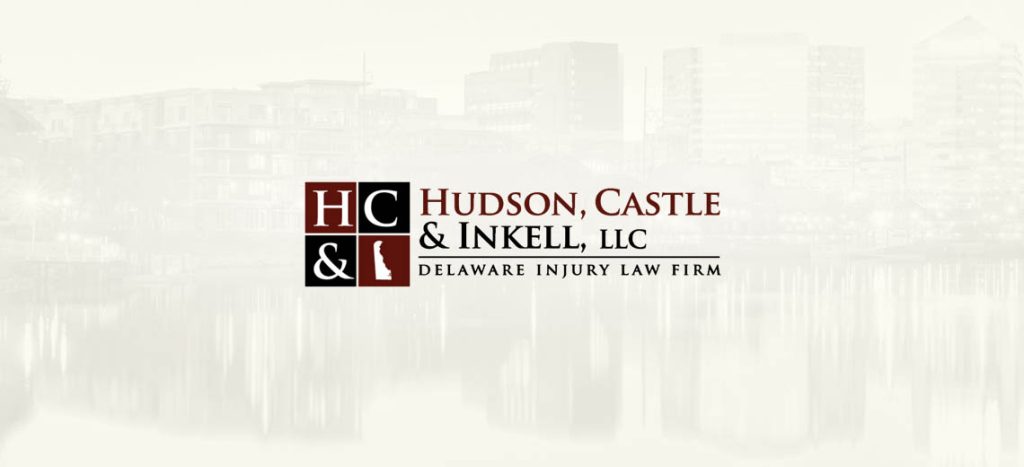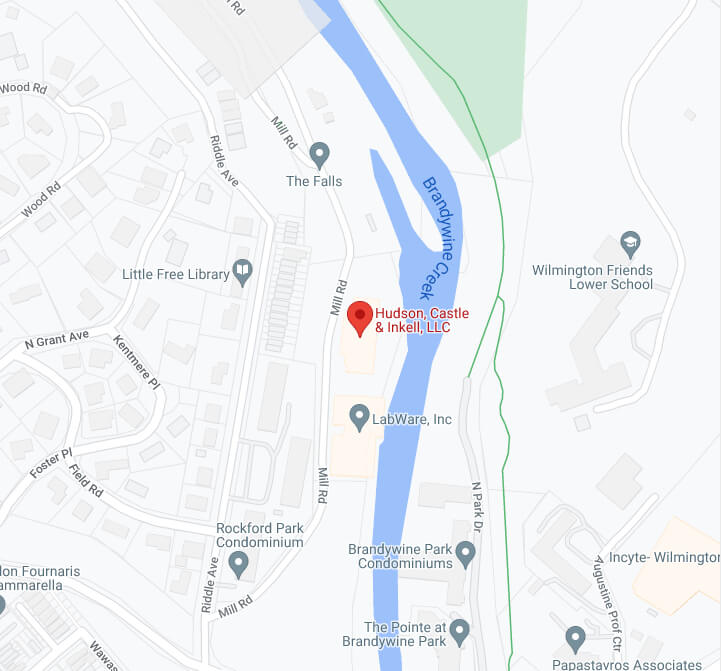A Tort is defined as a wrongful act. Torts are wrongdoings done by one party against another and recognized by law as grounds for a civil lawsuit.  For example, say you are an elderly woman walking on the sidewalk at an outdoor shopping plaza and are hit by a person riding their bike on the plaza’s sidewalk. Bicycles and skateboards are prohibited for use on the sidewalks. You become the Plaintiff, or injured party and the bicyclist becomes the Defendant or negligent party. The primary aim of tort law is twofold; to provide relief for the damage or injury incurred and to deter others from committing the same harm. Unlike a criminal case, which is initiated and managed by the State, a tort suit is prosecuted by the Plaintiff. A successful tort suit results not in a sentence of punishment but in a judgment of liability.  Some types of damages the injured party may recover are; loss of earnings capacity, pain & suffering, and payment for medical expenses.
There are numerous specific torts including trespass, assault, medical malpractice, negligence, products liability, and intentional infliction of emotional distress. Torts fall into three general categories: intentional torts, negligent torts, and strict liability. Tort law is based on the legal premise that individuals are liable for the consequences of their behavior if it results in harm to another. In addition to providing relief for the injury or damage, tort law aims to deter others from committing the same harm.
Click here to contact us to schedule a free consultation to see if you have a case.
At Hudson & Castle, we approach each case ethically, honorably, and skillfully, beginning with a free consultation, continuing with the convenience of flexible appointments, and finally, charging you nothing unless we win or settle. . Please call Hudson & Castle at (302) 428-8800 (Monday-Friday, 8:30am- 5:00pm, ET) or contact us, and we will get back to you shortly to discuss your case.





